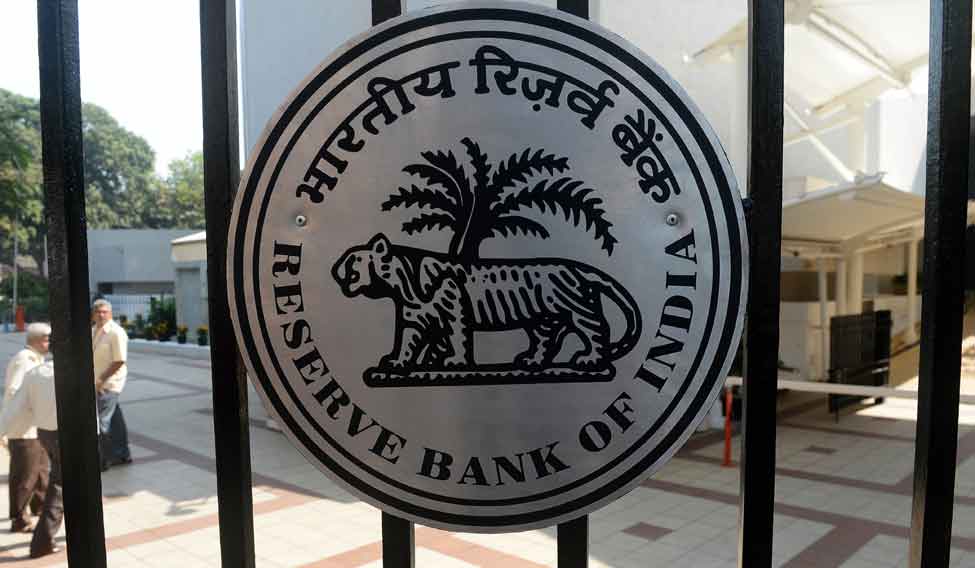A month before ending his term of office, RBI Governor Raghuram Rajan has initiated on-tap licensing system for those desiring to set up banks in the country. On-tap licensing facility offers the opportunity to apply for a banking licence at any time of the year, previously available only at a fixed time decided by the Reserve Bank of India (RBI). Since the opening of the financial sector in 1991, the central bank opened the window to set up new banks only three times.
Universal banking
Universal banking, popular in developed countries, offers one-stop shopping for all financial products and services. A wide range of financial services such as commercial banking investment banking, development banking and insurance are available to the customer under one roof. Investment products like savings accounts, certificates of deposits, mutual funds, credit cards and loans are within the reach of the customer.
Who is eligible?
Though application for banking licence can be submitted to RBI any time, the norms have become stricter. Non-banking financial companies (NBFC) and professionals who have at least 10 years of experience in financial services are eligible to become promoters of universal banks. If an applicant has total assets worth Rs5,000 crore or more, the entity's 60 per cent of income should be exclusively from financial services. That means big corporations with diverse businesses will become ineligible if the non-banking business exceeds 40 per cent of their total asset or gross income. These business houses can be shareholders but cannot appoint a director on the board. Their investment has been limited to less than 10 per cent of the total investment in the bank. Foreign investment limit has been capped at 74 per cent.
RBI stipulates that the promoters have to open at least 25 per cent of banks in areas where there are no banks and should maintain Rs500 crore as net worth any time. The universal bank must be listed on the stock exchange after 6 years of the commencement of the operations.
Advantages of universal bank
Banking penetration will go up as new banks will come up in non-banked areas. Universal banks have large networks that are accessible to more people.
Universal banks help in better resource utilisation by offering highly customised financial services within the reach of the customer.
The bank is capable of doing equity research and is in a position to offer best advice to the investor. So the customer's portfolio can be managed more efficiently by universal banking.
Customers can find completive sectors that offer them best value. The bank can sell one or other product or service to suit the requirement of the customer. Universal banks have brand value that helps in selling their product with minimum marketing effort.
Disadvantages of universal banks
When all the services are provided at the same place, customers can get confused about the choice of their product.
Banks can control the market with their own priority of financial products that avoid competition.
Customers may not find specialised and focussed service at these banks, and end up buying unsuitable products, thus losing confidence in the banking system.
Failure of a universal bank can have a bad impact on many financial sectors.




